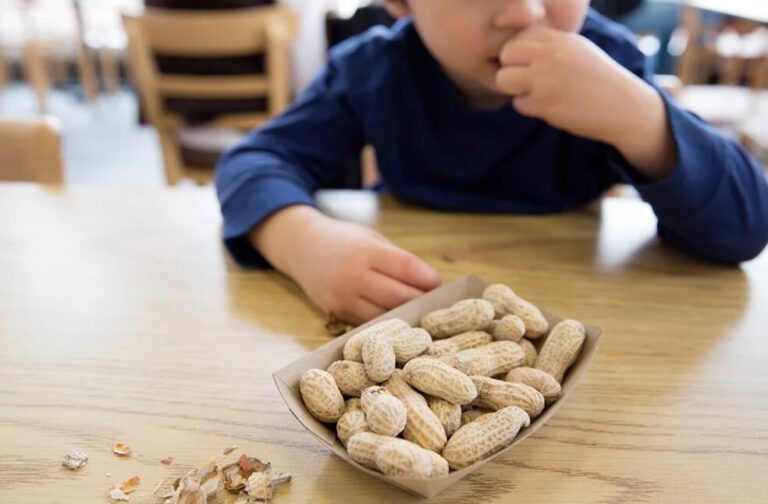Australia: In a groundbreaking initiative, Australia is set to offer a pioneering treatment programme aimed at building immunity against peanut allergies in infants. The world-first kind of programme will be administered under the supervision of select paediatric hospitals across the country.
The new treatment involves gradually increasing the doses of peanut powder to the eligible babies over a period of at least two years. This approach aims to reduce sensitivity and potentially decrease the severity of peanut allergies. While clinical trials of oral immunotherapy have demonstrated promise, this is the first time it is being implemented as a national model of care for peanut allergies.
Significance and Scope
Australia is often referred to as the ‘allergy capital of the world,’ with approximately one in ten infants diagnosed with food sensitivities. Peanut allergy, affecting about 3 percent of Australian infants at 12 months, is particularly challenging as few children outgrow it, making it a prevalent issue among school-aged children.
Assistant Minister for Health Ged Kearney remarked that, “This might be the game changer we have all wanted to stop this terrible allergy in its tracks.”

Eligibility and Implementation
The free programme is available to infants under 12 months who have been diagnosed with a peanut allergy and are receiving care at one of ten participating hospitals nationwide. The dosing schedule will be carefully calculated for each child until they reach a ‘maintenance dose,’ which they will continue for two years. Programme lead Tim Brettig emphasized that the treatment aims to minimise the fear of accidental exposure that many families with peanut allergies experience.
Safety and Evaluation
While some children may experience mild side effects, including allergic reactions, these are generally manageable and do not require treatment. At the end of the treatment period, a food allergy test will determine if remission has been achieved. The National Allergy Centre of Excellence will continuously evaluate the programme’s progress to assess its effectiveness and safety, hoping to expand it to additional public and private hospitals.
Medical professionals caution that oral immunotherapy should not be attempted at home unsupervised.



